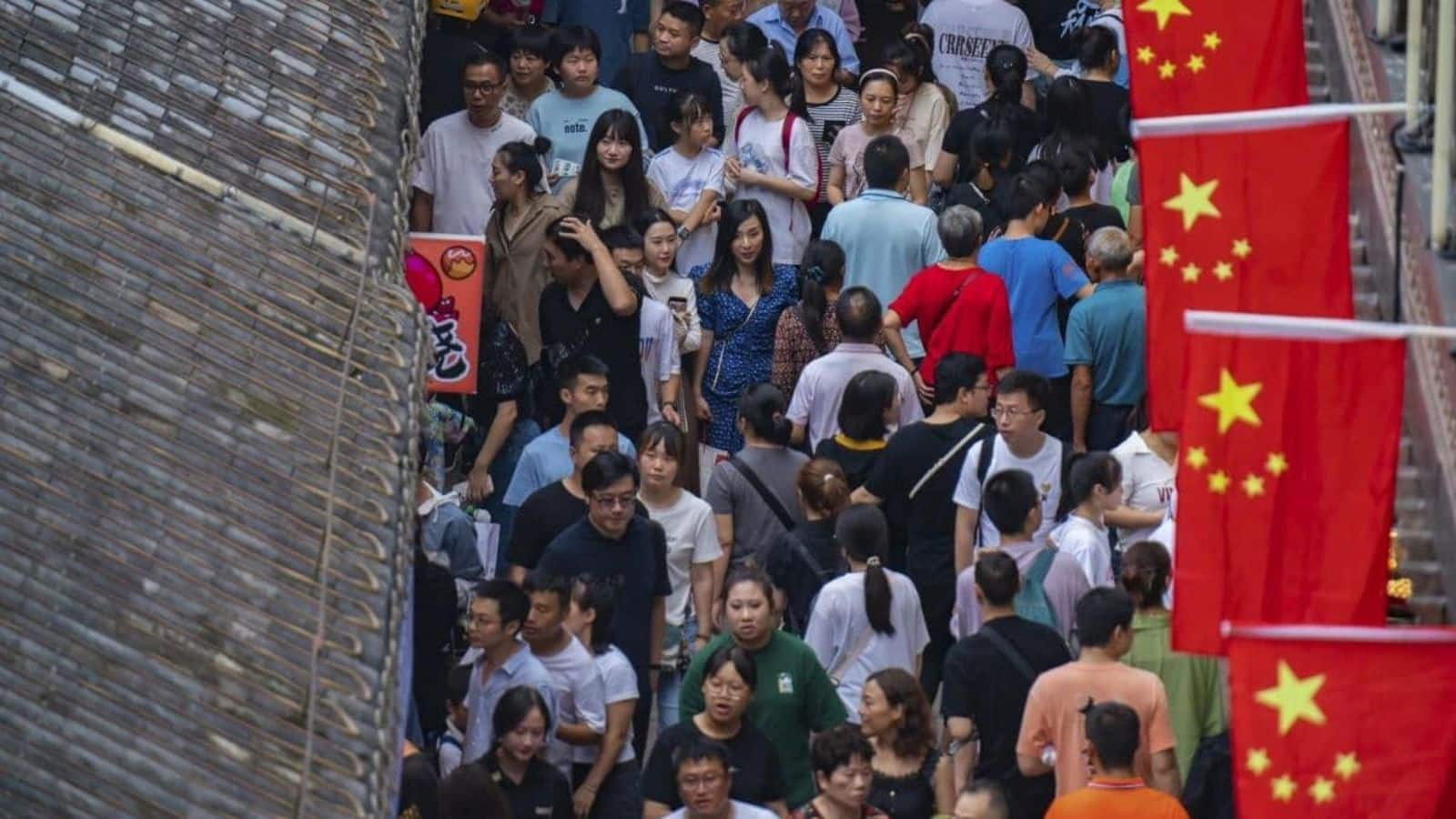
No online shopping, travel: China's punitive measures for debt defaulters
What's the story
Despite unparalleled economic growth in the first quarter of 2024, China has been battling a rapidly escalating personal debt crisis. Over the past five years, China's household debt has surged by 50%, reaching an estimated total of US$11 trillion. This is largely attributed to a sustained housing boom, in which people have borrowed heavily to invest in multiple properties. In response to the escalating debt crisis, the government has implemented strict penalties for people who fail to repay their debts.
Harsh measures
Strict penalties for defaulters cause anxiety
According to theWall Street Journal, all the defaulters are placed on a blacklist and face severe restrictions on their daily activities. Approximately 8.3 million people, representing about 1% of China's working-age adults, find themselves on this list. In case of unpaid debts, authorities seize a person's income to cover the liabilities, leaving them with a meager allowance to meet their daily expenses
Limited access
Blacklisted defaulters face severe restrictions
Notably, all blacklisted individuals are prohibited from using toll roads, purchasing online tickets, and utilizing electronic payment apps like Alipay and WeChat. They are also barred from high-speed rail and air travel, buying expensive insurance plans, or participating in leisure activities such as vacations and stays in luxury hotels. These restrictions further extend to securing additional loans, while some are even banned from employment as civil servants. Non-compliance with these restrictions can lead to detention by authorities.
Economic pressure
Debt crisis impacts Western companies in China
The increasing economic pressure on Chinese consumers has led to weaker sales for Western companies operating in the country. This includes tech giants like Apple and automotive manufacturers such as General Motors. As the indebted population continues to grow due to economic challenges and unemployment concerns, people are facing significant difficulties managing their debt and navigating the systemic hurdles imposed by the government.
Potential solution
Experts propose personal bankruptcy system
Experts suggest the introduction of a nationwide personal bankruptcy system as a potential solution to China's debt crisis and to promote economic fairness. "A personal-bankruptcy system is a mechanism for the redistribution of wealth," stated Li Shuguang, a scholar who has advised the government on bankruptcy policy. However, given the population of the country and percentage of people in debt, implementing such a system in China remains a significant challenge for the Xi Jinping government.